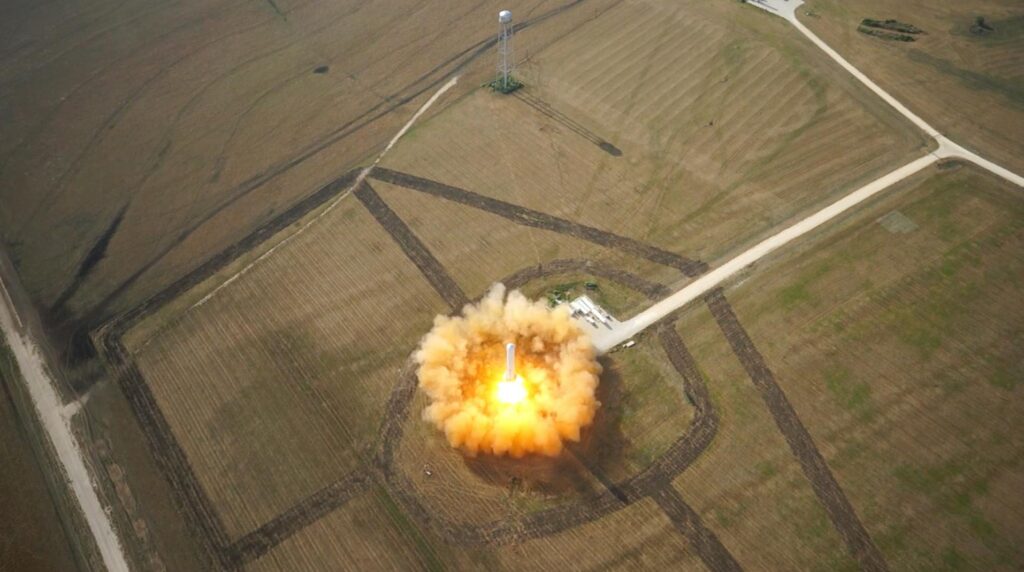In a groundbreaking study that sheds light on the health consequences faced by military veterans, researchers have identified a novel form of brain injury associated with exposure to high-energy blasts from explosives. This significant finding emerged from a recent investigation, which took place in various military medical facilities across the United States, where veterans often receive treatment for conditions related to combat.
The study highlights the presence of scar tissue in the brains of veterans who have been exposed to the intense shockwaves generated by explosive devices. This previously unidentified injury could provide new insights into the causes of post-traumatic stress disorder (PTSD) among veterans, suggesting that some cases may be rooted in physical trauma rather than solely psychological factors.
Experts in neurology and psychiatry are now advocating for a deeper examination of how blast-related injuries affect mental health. Current treatments for PTSD often focus on psychological therapies; however, this new understanding could lead to a reevaluation of approaches that integrate both physical and mental health care for affected individuals.
As researchers continue to investigate this link, there is a growing call for improved diagnostic methods and treatment protocols that consider the unique challenges faced by veterans. This research not only aims to enhance the quality of life for those who have served but also seeks to foster a greater awareness of the complexities surrounding military-related health issues.
The implications of this study resonate deeply within the South Asian and broader diaspora communities, many of whom have family members in the armed forces or are part of veteran support networks. As discussions around mental health and physical well-being evolve, these findings underscore the importance of comprehensive care that addresses all facets of a veteran’s health.



